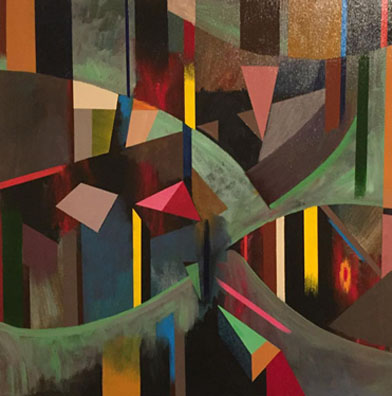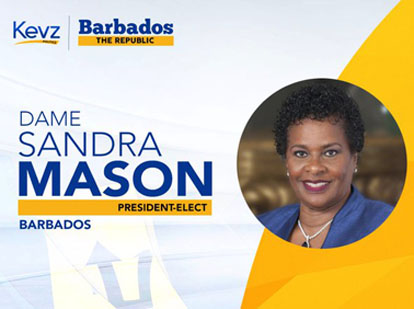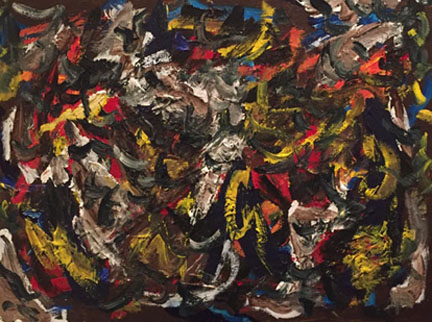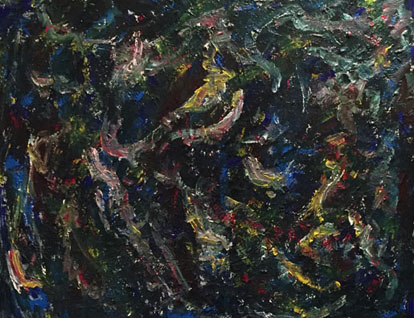On Nov 30 the old British “Realm” of Barbados will turn itself into a modern democratic “Republic” — can remaining realms like Canada be too far behind?
Nov 26th, 2021 | By Randall White | Category: In BriefNORTH AMERICAN NOTEBOOK. RANDALL WHITE, FERNWOOD PARK, TORONTO, ON, 26 NOVEMBER 2021.This coming Tuesday, November 30 Dame Sandra Mason will be sworn in as the first President of the island nation of Barbados (“the most easterly of the Caribbean Islands,” current population c 288,000).
With this act Barbados will officially change from a “Commonwealth Realm” within the Commonwealth, to a parliamentary democratic republic within the Commonwealth.
At this moment (of writing) a few days before, that is to say, Queen Elizabeth II is still the formal head of state of the constitutional monarchy of Barbados — and Her Excellency Dame Mason is Governor General. On November 30 President Dame Sandra Mason will succeed the Queen as formal head of state of the Barbados republic.
As a practical matter little in the way Barbados is currently governed will have changed. Mia Amor Mottley, leader of the Barbados Labour Party, has been Prime Minister since 2018. (Or head of government as opposed to head of state.) She will continue in that role, and bear about the same relation to President Mason as she currently bears to Governor General Mason.
Like Canada, Barbados has been “independent” from the United Kingdom for some time. (In the latter case : “On 30 November 1966, Barbados became an independent state and Commonwealth realm with Elizabeth II as Queen of Barbados.”)
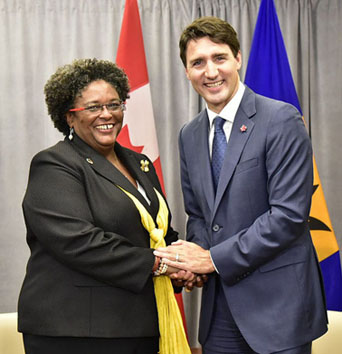
In a formal legal sense what is happening in Barbados on 30 November 2021 is a kind of broad model for the process by which Canada (or Australia or New Zealand or Jamaica or the Bahamas, and so forth) will finally become a “free and democratic” parliamentary republic — ultimately accountable, in theory as well as practice, to the sovereign Canadian people.
Note especially in this connection, however, that Dame Sandra Mason will not become President of Barbados in the same way she became Governor General of Barbados.
Ms Mason was appointed (or in strict legal terms recommended to Queen Elizabeth as) Governor General by Prime Minister Freundel Stuart (who immediately preceded current Prime Minister Mia Mottley). To become President of the new Barbados republic, on October 20, 2021, “Dame Sandra Mason, 72 … won a two-thirds vote during a joint session of the Caribbean nation’s House of Assembly and Senate.”
This is one approach to “electing” a president or head of state (and commander-in-chief of the armed forces) in a new parliamentary democratic republic, who plays a similar role to the old Governor General under the constitutional monarchy. And such Commonwealth republics as India and Trinidad and Tobago offer variations on the same broad “indirectly elected” theme. (As do, eg, present-day Germany and Italy in the related European parliamentary tradition.)
Such other modern parliamentary democratic republics as Iceland and Ireland “directly elect” their largely ceremonial heads of state. On this option the sovereign people themselves, as it were, choose the “non-political” president who remains under the strictest guidance of the (also democratically elected) cabinet, presided over by the prime minister as head of government.
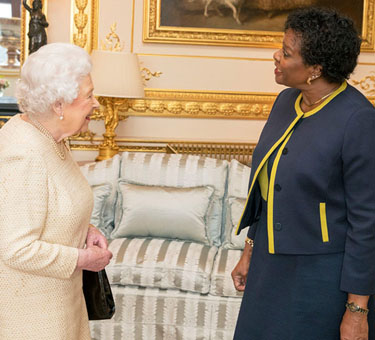
Speaking strictly as a Canadian citizen I would prefer the directly elected option, when Canada finally gets around to doing the eminently logical and patriotic thing, and follows Barbados into the growing ranks of parliamentary democratic republics within the Commonwealth.
(Some say a directly elected president in this context will inevitably evolve in the direction of Charles de Gaulle’s Fifth French Republic, with a president stronger than the prime minister. But the present-day French experience, “tailor made for de Gaulle,” is unique. Ireland since 1937 and Iceland since 1944 have shown that an essentially ceremonial directly elected head of state in a parliamentary democratic republic will remain essentially ceremonial.)
At the same time, I think the long modern Barbados experience talking about becoming a republic — ending this November 30 in the capital of Bridgetown — could have some special interest for Canada today. The message was recently summarized by National Geographic : “Barbados will finally cut ties to the British monarchy, after years of trying.”
Mia Mottley’s Barbados Labour Party has been calling for a Barbados republic since 1999. Referendum bills on the subject were introduced in Parliament in 2000 and 2005. Both main parties on the island (the other is the Democratic Labour Party) seemed to have agreed that Barbados would become a republic in 2016 — on the 50th anniversary of its independence from the United Kingdom, as a Commonwealth Realm in its own right.
One hard fact that distinguishes the current November 30, 2021 when it will actually happen from all Barbados’s previous republican talking is that for the first time in the island nation’s history as an independent parliamentary democracy since 1966, both the head of government (prime minister) and head (s) of state (new president and former governor general and of course the Queen herself) are females!
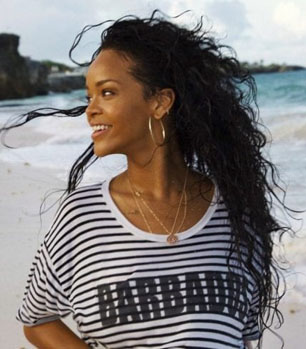
We already have a female governor general in Canada. Does Barbados’s experience suggest we have to wait for our own free and democratic republic until we also have a female prime minister?
Hardly, of course.
But it may suggest that the republican moment in the true north strong and free will finally be accompanied by a few other big Canadian changes, coast to coast to coast.
Meanwhile, I think it’s appropriate to end this note with an allusion to modern jazz giant Charlie Parker’s great tune, “Barbados” — first recorded on September 18, 1948.
It is something that even Rihanna, most famous daughter of the island nation today, might find compelling, as all we aspiring free and democratic Canadians congratulate the people of Barbados, on breathing life into their long-term republican future at last.
